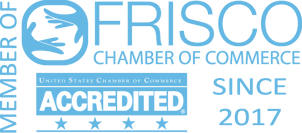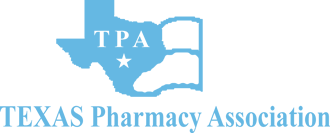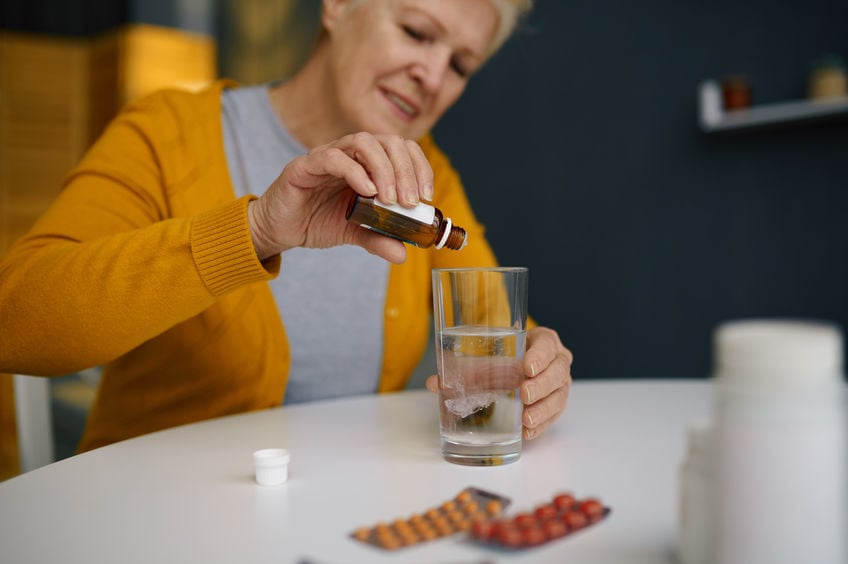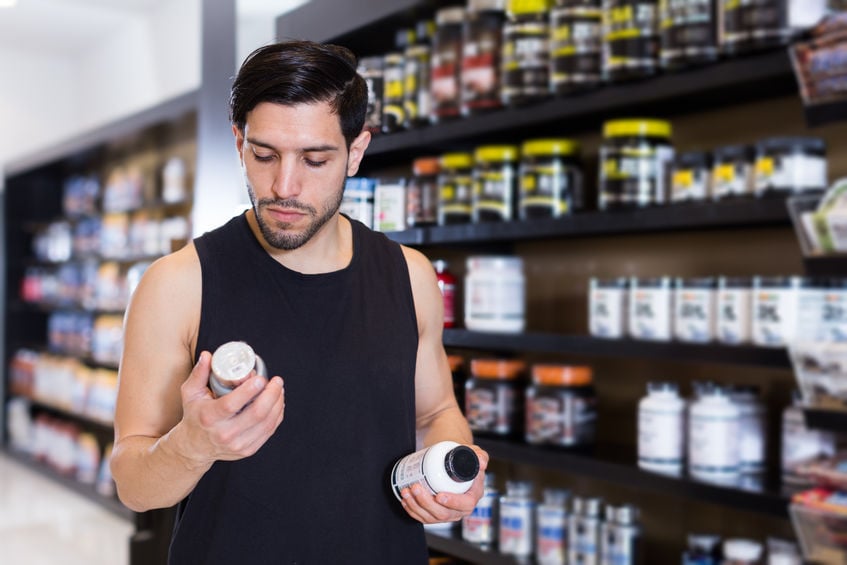Navigating An Unregulated World
For many Americans, the idea that a product could tout health benefits without proving any claims through a governing agency sounds foreign. In the United States, supplements aren’t regulated by the Food and Drug Administration (FDA) in the same manner as prescription or over-the-counter (OTC) medications. Unless a supplement is proven to show significant harm through a pattern of illness or injury, the organization won’t step in to regulate or prevent future purchases. Consumers must be informed shoppers who are aware of what ingredients are in a dietary supplement and how those ingredients may impact overall health.

Know the facts
Supplements aren’t intended to be a perfect replacement source for vital nutrients like vitamins and minerals. Instead, the consumable products are designed to fill gaps left by a diet that might be lacking in specific foods or for individuals in certain health groups that might otherwise have difficulty naturally producing or absorbing essential nutrients. As a result, people should be aware that incorporating supplements when a known deficiency isn’t present can create imbalances, lead to unexpected side effects, or cause excess levels of specific vitamins or minerals in the body.
Look for CGMP certification
With a lack of real government oversight, consumers might be leery about purchasing supplements. How would a person know that the information printed on the label or that the listed ingredients are accurate? One option is to look for a reference to the Current Good Manufacturing Practices (CGMP). The CGMP is a guideline created by the FDA that outlines best practices for dietary supplement production. While CGMP doesn’t dictate guidelines for sourcing ingredients, the criteria define clear protocols for the production and packaging processes. When a brand prominently notes that CGMP criteria are followed, consumers can 1confidently that any supplements consumed are safe and produced in a sanitary location that meets health code requirements.
Check for a certificate of analysis
Similar to CGMP, looking for a certificate of analysis (COA) from a third-party oversight organization can also ensure that a person is buying a quality supplement with pure ingredients. Usually, the COA will appear on the product packaging in the form of a seal bearing the name of the oversight group. Evaluating organizations include NSF, USP, ConsumerLab, and Banned Substances Control Group (BSCG). All of the above organizations generally test for the following:
- Ingredients are present in the amounts listed on the packaging
- Standardized products for every batch
- Absence of harmful levels of contaminants, including drugs
- All ingredients present in supplements are also listed on the packaging
Perform due diligence
Taking time to research potential side effects or known risks associated with taking certain vitamins or minerals as a supplement will lead to making more informed decisions. The National Institutes of Health (NIH) maintains a vitamin and mineral supplement database. The fact sheets outline the recommended amounts that individuals should take based on age, as well as the foods that contain the nutrients and known interactions when taken as a supplement.
RECENT
ARTICLES



Our Patients Say
We pride ourselves on providing exceptional customer service to our community. Here are a few things that the community is saying about us.
Convenient and quality service. Ive never had my prescriptions filled quicker and the pharmacist took the time to tell me about what I was taking.
Excellent experience! Friendly, knowledgeable staff!
I have been a customer since they opened. Julie and Hiten have both treated me with the utmost respect and have always been ready to take care if my needs with a smile




